|
Everyone knows basketball is the best sport. It's also the sport I was playing when I tore my ACL last year.
After doing extensive research on the best possible ACL surgeons, then meeting with each of my top three, I decided against having the ACL reconstruction surgery — and it ended up being the best decision of my life. Here's why: 1. After a few days of instability, I was able to do almost everything I wanted to do without many issues. With the surgery, I wouldn't be able to do anything I loved for an entire year. So basketball is obviously and objectively the best sport — and it's the one thing I can't really do the way I used to. Never doing the thing I love most again is a pretty huge sacrifice... But so is not doing anything I love for an entire year, which is what all three doctors I spoke with told me the recovery time would be for surfing, mountain biking, rock climbing ("Even indoor climbing on a top rope?" "Yes. Twelve months — you could slip, even indoors on a top rope."), basketball, volleyball, frisbee. "So... what would I do for fun?" I asked. "Well, you could start jogging after three months." "I'm not asking what I would do for exercise. I don't exercise. I'm asking what I would be able to do that would make life worth living." "Well, you could begin indoor cycling after three months." Not what I meant.
Image: The Happy Talent on Facebook
I definitely lost sleep over the decision. Never do the thing I love most again, or don't do anything I love for a whole year. People kept saying shit like, "Oh, but you could use the time to focus on your music." Yes, I'm a singer-songwriter and I occasionally enjoy performing or recording music... You could say I love music (so much, in fact, that I hardly ever listen to it)... But not like I love surfing or biking. I'm all, "Music, I don't love you like that. You ain't got that type of love. You thought you was Kobe?" Music is something I do sometimes I want to — not all the time because I have no other choice. People who tell you to use the recovery time to do something else... just don't get it. 2. It's not a decision I can't revisit in the future if I change my mind or things get worse. The only reason to rush into ACL surgery is that, the sooner they cut you open and fix you, the sooner you'll be back on your feet. However, it's not like this is a one-time decision you can only make now. Instead of rushing into nine- to twelve months of suckiness, why not take a few weeks to see what you can still do? I realized pretty quickly that I could still mountain bike: So instead of having surgery, I backpacked in the Sierras, hiked in the Alps, and traveled the USA — first in a tent, then in an RV — seeking the best waves and the best mountain biking towns. I'm a significantly better biker now. Yeah, I did have one crash, back on Captain Ahab's in Moab, during which I probably tore something else in my knee. But the ACL was already torn, so it's not like I have anything to worry about. But if, after that crash, I did realize I can't even walk down the sidewalk anymore without instability (which was definitely the case my first few days after the injury), I could always call the doctors back and schedule something. 3. There are no guarantees in life. What if I had that whole painful surgery. Then went through that whole miserable year, during which I had little contact with my social circle (since most of my friends are basketball, surfing, or biking buddies) and didn't get to do anything with my body that took my breath away. Then on my first day back at basketball, I tore my other ACL? Or re-tore the same one? Or got hit by a bus? Or broke my ankle? Or got pregnant? Nothing in life is guaranteed. I could die any day, for any reason. Wouldn't it suck if that happened and I spent the entire year before that in pain and misery? If I can have fun every day without the surgery, why would I choose to have no fun for a year with the surgery, with no guaranteed return? I might feel differently if I were younger. If I wanted a shot at playing high-level basketball again. If the potential return were greater. But when I consider what I have to gain and what I have to lose, postponing or never having surgery seems like a much better option. And, like I already said, I can always change my mind.
McLovin' life at Harlow Lake in Marquette, Michigan. Image: The Happy Talent
As an aside: this is not an attitude I woul have predicted when I wrote I Had Shoulder Surgery, and it COMPLETELY Changed the Way My Left Armpit Smells — in which I declared in no uncertain terms that my only regret about having shoulder surgery was not doing it sooner. That's still true — I could have become a much better basketball player and rock climber had I opted for that surgery right away instead of trying to fix it with physical therapy. So obviously each person needs to make individual evaluations of each injury. I am 100% glad I didn't have knee surgery and I 100% regret not having shoulder surgery about three years sooner than I did. 4. The recovery time for a total knee replacement isn't any longer than the recovery time for ACL reconstruction. I feel like worst case, I end up needing a total knee replacement instead of ACL reconstruction. According to the small amount of research I did, the recovery time isn't going to be all that different either way, so I may as well risk it, right? 5. COVID-19 happened. If I'd've had knee surgery last November, I'd for sure be dead by now. Mountain biking and surfing have turned worries about the future into bliss.
Image: The Happy Talent on Facebook
If I'd've had knee surgery, and my backup plan had been to just get really into my music and spend tons of time listening to audiobooks while doing physical therapy at the gym... I wouldn't have been able to surf. I wouldn't have been able to bike. But I also wouldn't have been able to perform, test new music at open mics, or go to the gym. All my friends who promised to spend time doing social things with me that didn't require the use of my legs... I wouldn't have seen them except over Zoom. I feel like I'm one of the happiest people I know. I tend to feel exceedingly happy, no matter what terrible thing happens to me. Sometimes I feel like a cheat for writing a blog about playfulness and happiness, because I know my disposition is only half skill, and the other half is just genetic. My whole life feels like a glorious musical...
Image: The Happy Talent
Yet I feel like I would have lost my will to live long ago if I were trying to recover from surgery, unable to see anyone or do anything, during COVID. No one could have seen this coming. The possibility of a global pandemic didn't factor into my decision not to have surgery at all. Yet I'm really, really glad I made the decision I did. It is the only reason I'm thriving right now. *** Now that I've laid out my reasoning, I wanted to suggest a few products that have been helpful for me in my recovery. 1. Knee brace. I bought one and used it for the first few weeks, even though the literature is pretty mixed on this. According to all three doctors I talked to, they don't really do much. It's more of a mental thing. But if it helps you win the mental game and it might help prevent additional injury, I'm all for it. You can buy one on Amazon or at CVS, or you can get a prescription one from your doctor. I used the maximum support hinged one for hiking and biking at first. Now I only use the neoprene version of this while I'm surfing. 2. Ice pack for knee. Being injured sucks enough without the annoyance of having to lie still to ice, having bulky ice packs that constantly slip off, or cold water leaking down your leg and onto your bed or floor. For me, it was worth the $25 to get an ice pack designed for knees. If it's easy to ice, you'll ice more. 3. Elastic bands for at-home rehab. Yes, they'll cut you one for free at physical therapy What I like about the ones I ordered online is that they have different attachments, so you can use your door as an anchor and you can use a cushioned, specialized leg thing instead of having the elastic rub against your skin and yank out all your leg hairs and leave you smelling like elastic. 4. Audiobooks. I can do rehab all day if I have the right audiobooks playing. In life, I'm more of a nonfiction girl — in rehab, I need something I can half listen to while also paying attention to reps and form. I listened to all seven Harry Potter books while stationary biking and doing little leg exercises with two-pound weights in the beginning. You can get an Audible 30-day free trial, or check out apps like Hoopla and Libby, which give you free, temporary audiobook downloads if you have a library card. It will help. 5. Magnesium. I'm not big on supplements. At all. I usually make fun of them. The exceptions to this are probiotics, because the research is compelling, and magnesium, because there's enough evidence that it helps with inflammation that I figured it was worth $10. 6. Google. It's worth Googling if there are any clinical trials happening near you. Don't confuse "clinical trials" for "miracle cures." They're clinical trials precisely because they have not been tested yet and they might not work. However, it's worth at least looking into. Is anyone near you doing stem cell therapy on ACLs? Is anyone offering treatment for pre-osteoarthritis for new ACL patients (yes -- Stanford is)? Is anyone looking to test a new device or explore alternatives to pediatric ACL surgery? It's worth inquiring online or emailing the authors of the study to see if you might be a good candidate for the trial. ***
Now I want to hear from you. Presumably, if you're reading this, it's because you're on the fence about ACL surgery. What considerations and research are you using to make your decision?
Let me know in the comments — and don't forget to Like me on Facebook and Instagram!
5 Comments
Jay Freeman
1/8/2021 07:56:10 pm
Love your writing, insights, and baller attitude. But, some of what you wrote here is ... questionable. here is where I am coming from. I first tore my ACL in high school football. That was long ago, and laparoscopic didn’t exist, nor did ACL repairs. Had a “Pez Transfer. 6 weeks cast, maybe 6mo recovery. Surgeon said to strengthen quads as much as possible to stabilize. Was a ski bum all through college and subsequent. I tore subsequently tour the other ACL about 10 years later in Snowbird. That repair was a cadaver graft. This time no cast, but active non-weight bearing recovery. As I recall, I was skiing that winter. That one failed subsequently at some unknown time due to it “wearing out” at its insertion point, and not a traumatic injury. I had bilateral total knee replacement approximately seven years ago. On my feet that same day, and recumbent bike in three weeks and my regular bike in five. Post TKR surgery I have competed in various cycling endurance events > 100mi, regularly dirt bike (Moab and CO), ski and board.
Reply
1/8/2021 08:52:49 pm
I'm glad it worked out that way for you. I talked to three different surgeons and 12 months is what they told me -- and I only talk to doctors who operate on professional athletes. One of them said, "If you're going to risk it by going back to sports sooner, then why even bother with the surgery?"
Reply
Michael Chavez
7/31/2021 03:49:06 pm
Eva, here are some resources on bulletproofing yourself from the hamstring down so that you can jump higher in basketball and play without fear of future injury.
Reply
Ma
9/16/2021 03:40:16 pm
Hi. I'm trying have hope. I too decided to postpone hoping not to get it done at all. I have a completely torn acl. And like you people are saying I may regret it. Etc. Some of what was said to you. I'm going on three weeks since the incident. I've been doing hydrotherapy, poultice light exercises and prayer. I have my moments and trying not to get depress. Thanks for sharing. I would love for you to email what else you did in detail.
Reply
changingthenarrative
4/25/2022 09:19:32 am
Basketball injuries really can be the worst. Being a pitcher in baseball is probably the most damaging to your body -with football a close second- but basketball injuries can feel so much more limiting because so much is required of your body when playing the sport. You have to have the explosiveness in your Achilles and knee tendons. You have to have the strength and stability in your legs to hold firm in a defensive stance and hold off your defender with the ball in your hands, and you have to have the wrists and finger strength and flexibility to snap passes off and shoot the ball. If any of these things are lost through an injury, you feel like a shell of yourself for as long as it lasts. It's really depressing in a way many who don't love basketball will ever understand.
Reply
Leave a Reply. |
About the Author

Eva is a content specialist with a passion for play, travel... and a little bit of girl power. Read more >
Want to support The Happy Talent? CLICK HERE!
Or Find me on Patreon!
What's Popular on The Happy Talent:
Trending in Dating and Relationships:
What's Popular in Science: Playfulness and Leisure Skills:
Popular in Psychology and Social Skills:
Categories
All
|
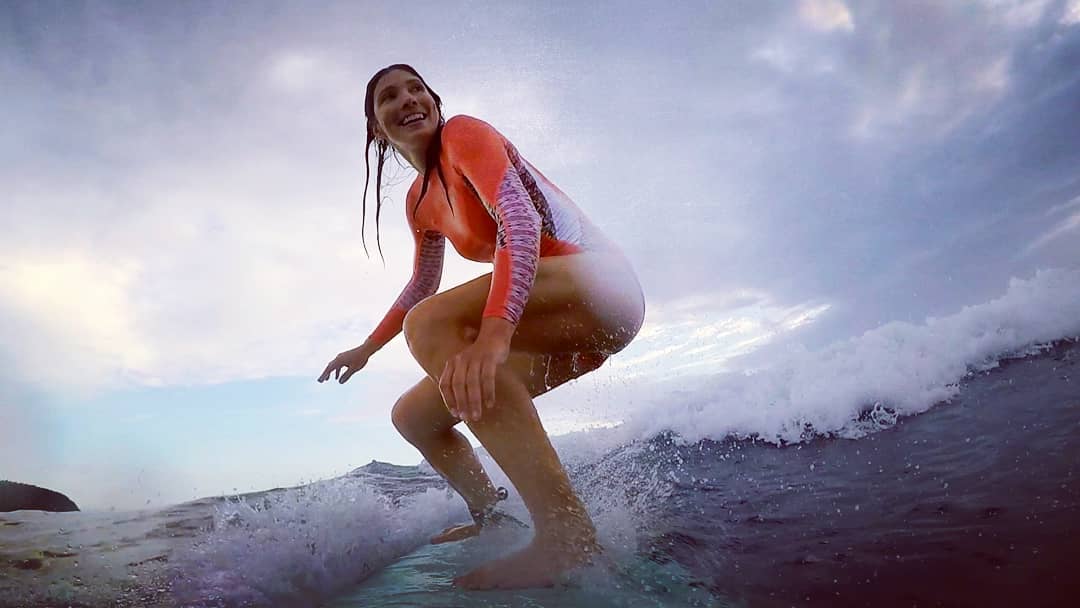
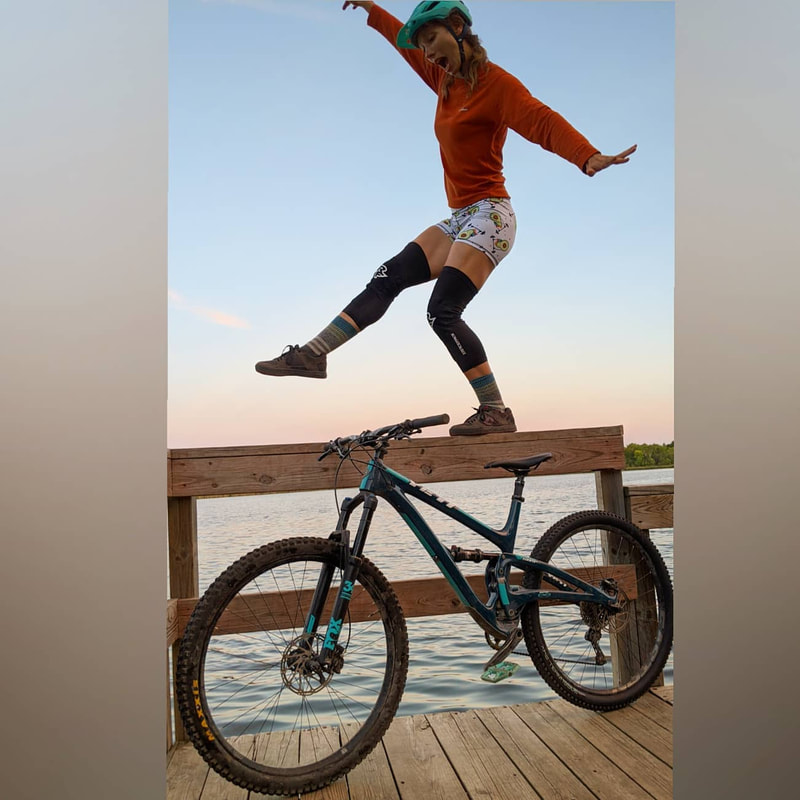
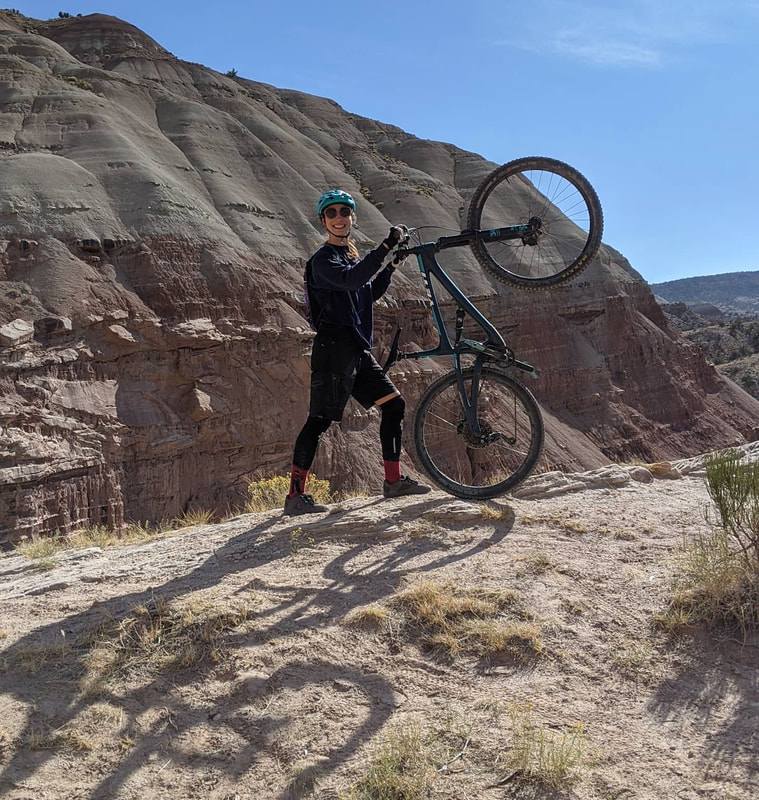
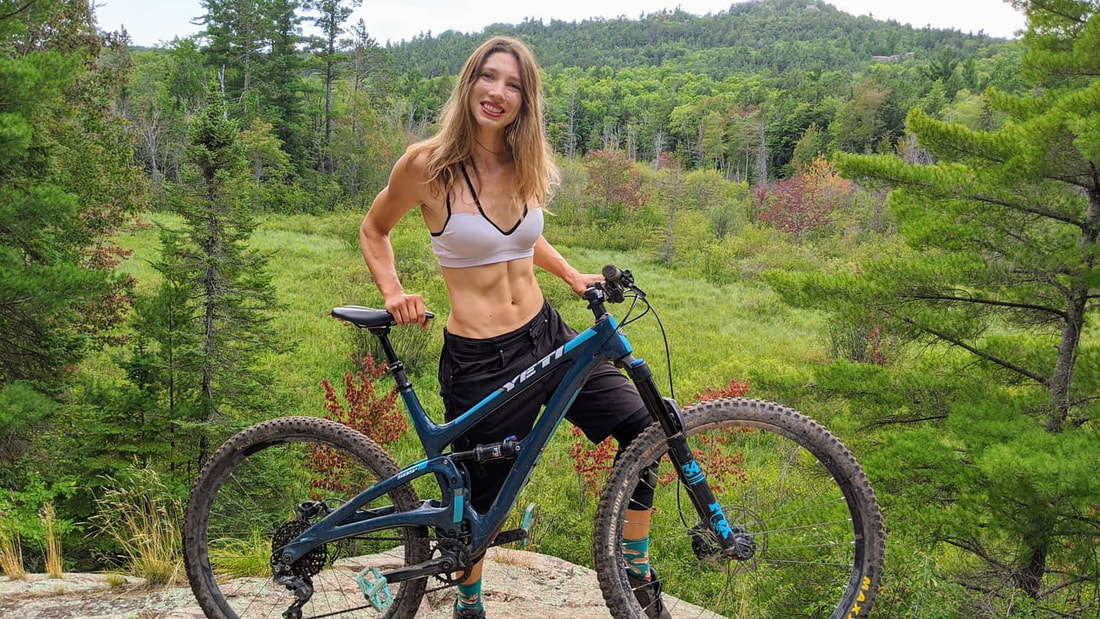
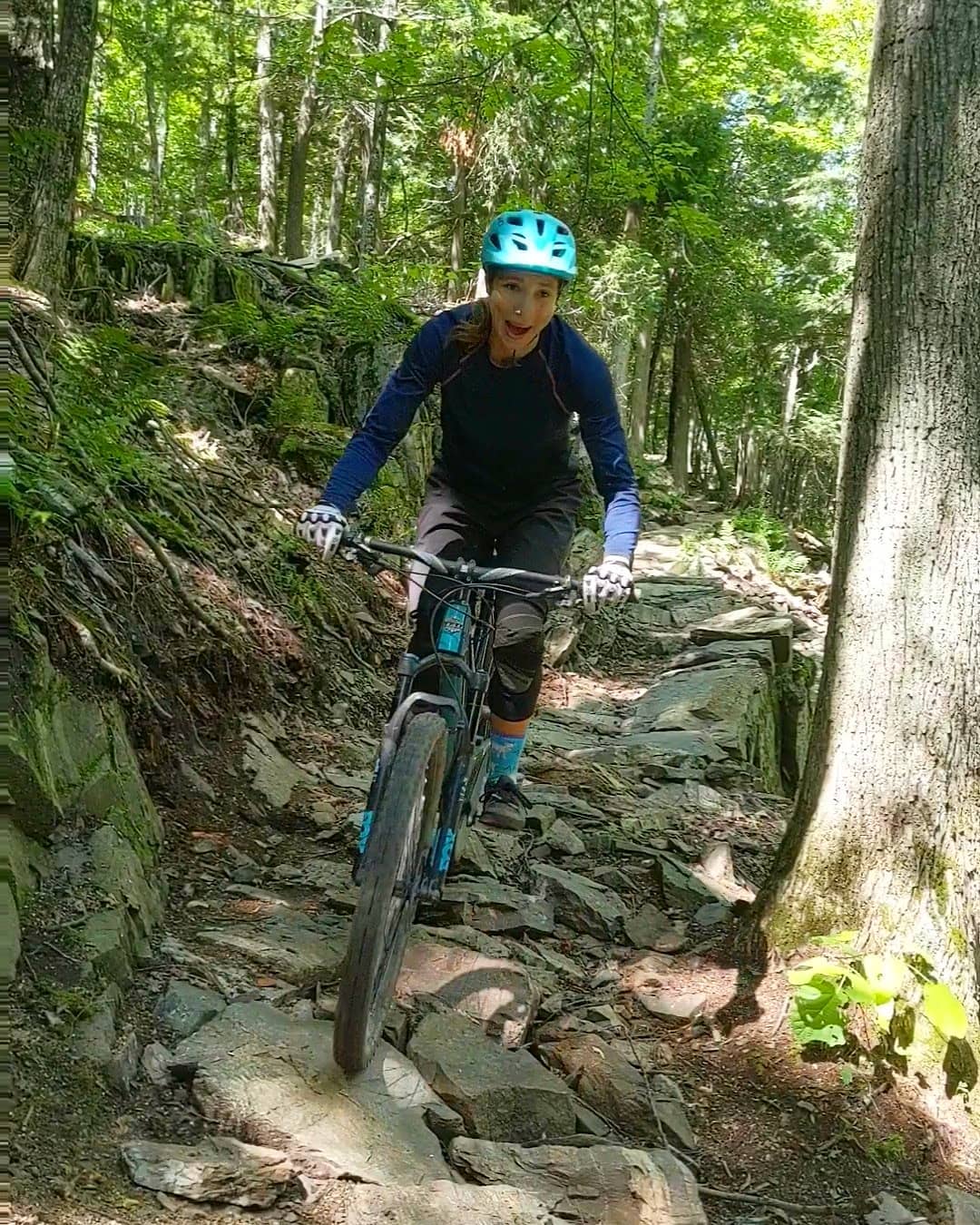
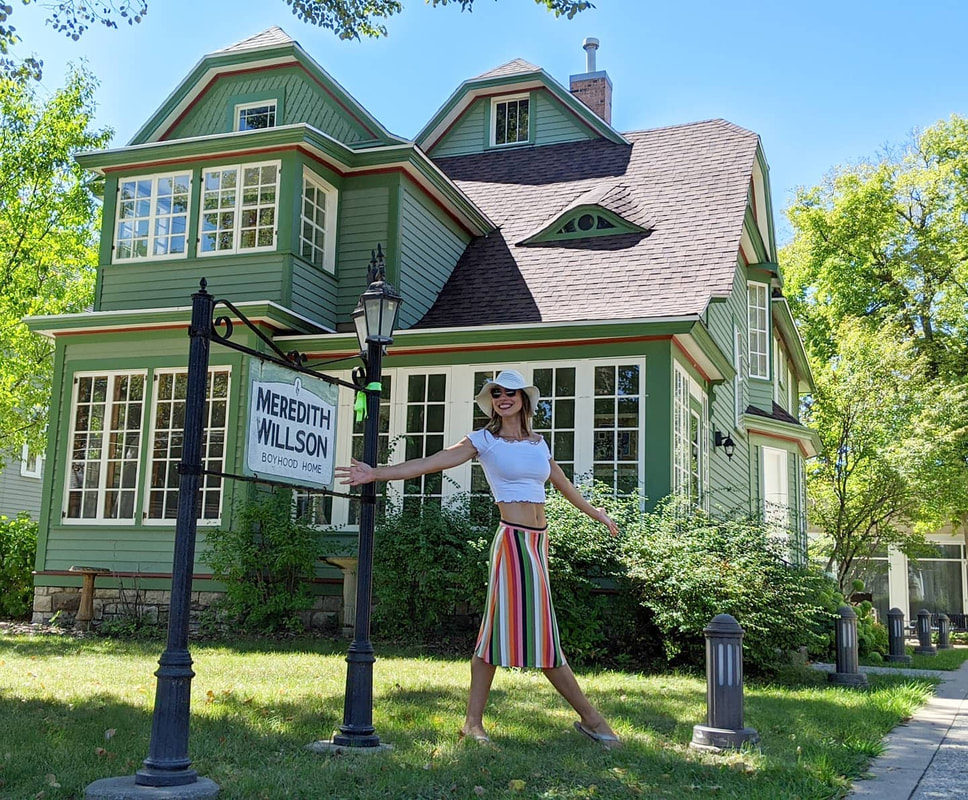
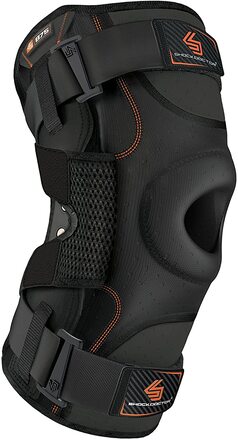
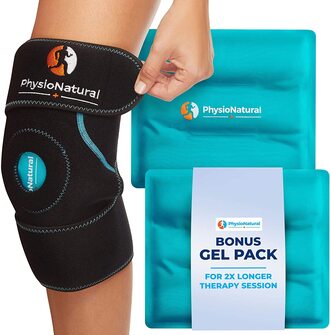
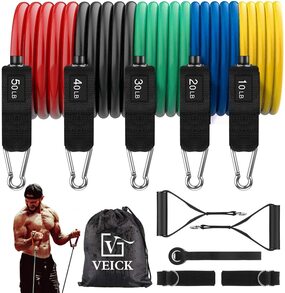

























 RSS Feed
RSS Feed